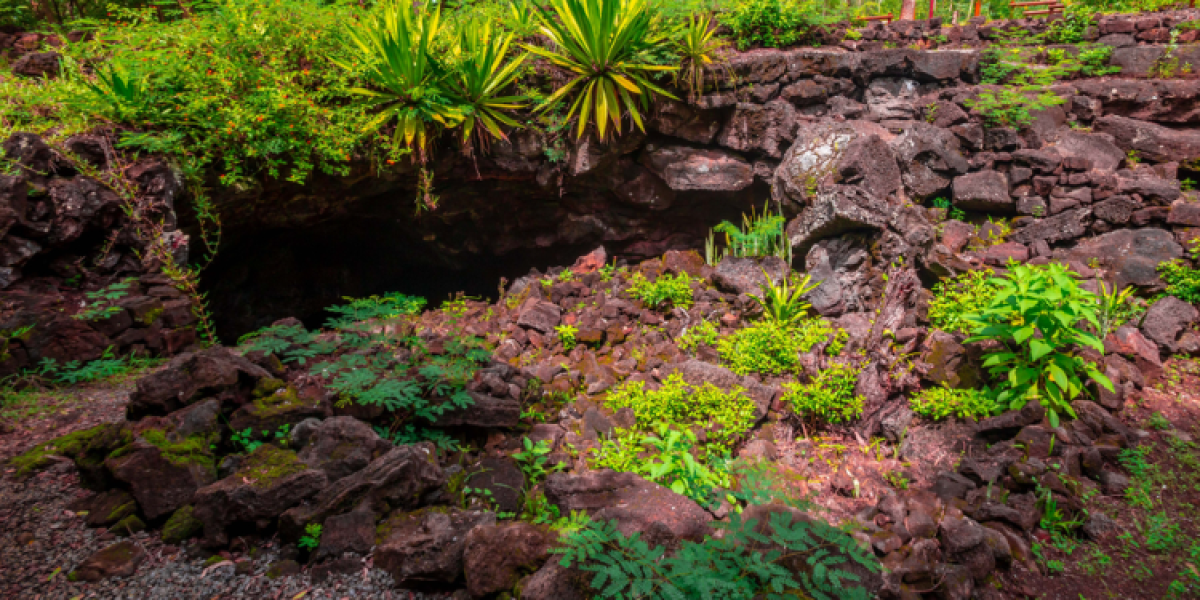
Roches-Noires, a coastal village in Mauritius, is currently at the center of a heated debate surrounding a new real estate development project. The village, known for its untouched beaches, caves, and abundant flora, has managed to preserve its authentic charm. However, the announcement of a new smart city project by PR Capital has ignited passionate reactions, pitting project proponents against environmental advocates concerned about the potential risks to the region's ecologically sensitive areas.
The smart city project, developed by PR Capital (Mauritius) Limited, a subsidiary of the French City Group, aims to cover a sprawling area of 359 hectares, with a substantial investment of 41 billion rupees. The ambitious project encompasses various infrastructures, including a school, sports center, retirement home, wellness center, commercial spaces, medical facilities, co-working spaces, and a research center. Additionally, the project will feature apartments, duplexes, and villas set amidst expansive gardens surrounding a golf course, with sections reserved for sale to both Mauritian residents and expatriates.
One notable aspect of this smart city project is its plan to maintain an open connection with the existing village. A public boulevard is slated to traverse the area for a distance of 3 kilometers, ensuring that residents retain convenient access to their familiar haunts. This approach aims to preserve the link between the new developments and the established community.
However, concerns have been raised by environmentalists and some local residents. Despite claims by the developers that only 10.5% of the total area will be developed, skepticism remains regarding the genuine preservation of ecologically sensitive zones, such as wetlands and caves.
It is worth highlighting that the proposed site for the Roches-Noires smart city project currently harbors around a dozen wetlands and is abundant in mangroves and endemic species, including several protected animals. Preserving this fragile ecosystem is therefore a major concern for those raising alarm bells.
History repeats itself
The controversy surrounding the smart city project is not a new phenomenon. In fact, it dates back to 2005, with four previous attempts at the Roches-Noires smart city project having been abandoned over the years due to financial challenges or environmental considerations. The different companies involved in these projects had struggled to secure the necessary funding or encountered regulatory obstacles.
A sustainable alternative
In response to the debates surrounding the smart city project, a coalition of citizens is proposing an alternative approach that focuses on environmental preservation and sustainable development. They envision creating a "perennial natural park open to all" in collaboration with local communities.
In a press release issued on Wednesday, June 7, the Collectif Mauricien pour Roches-Noires revealed that several companies, including Eclosia, IBL, Currimjee, Scott, as well as local NGOs, have committed to mobilizing their resources to preserve this ecologically sensitive site while fostering the sustainable development of Roches-Noires and its residents.
The proposed initiative encompasses several key components. Firstly, the establishment of walking and educational trails will allow visitors to explore one of the largest wetland areas in the Mascarene Islands, with trained guides who aim to raise awareness about the importance of biodiversity. Simultaneously, an incubator will be created to support environmentally innovative start-ups, and a research and development cluster will be established to attract students interested in the site's biodiversity.
By promoting economic activities linked to environmental preservation, the coalition aims to contribute to the development of the village of Roches-Noires, providing employment opportunities and fostering economic growth while safeguarding the region's natural treasures.
The Collectif expresses its commitment to the long-term restoration and protection of the flora and fauna in this area for the benefit of future generations. They plan to work closely with the government, local authorities, NGOs, and residents to realize this initiative, bringing benefits not only to the region but also to the entire country.
Mangroves, often referred to as blue carbon sinks, play a vital role in mitigating climate change by serving as effective ecosystems for absorbing greenhouse gas emissions. They are among the most efficient in this regard. Moreover, the roots of mangroves provide support for the reproduction of various species, offer protection to coastlines, and act as natural filters. Wetlands, on the other hand, are recognized for their significant role in managing stormwater and filtering it effectively. Consequently, this initiative represents a valuable contribution to preserving the environment and natural heritage of Mauritius.



















